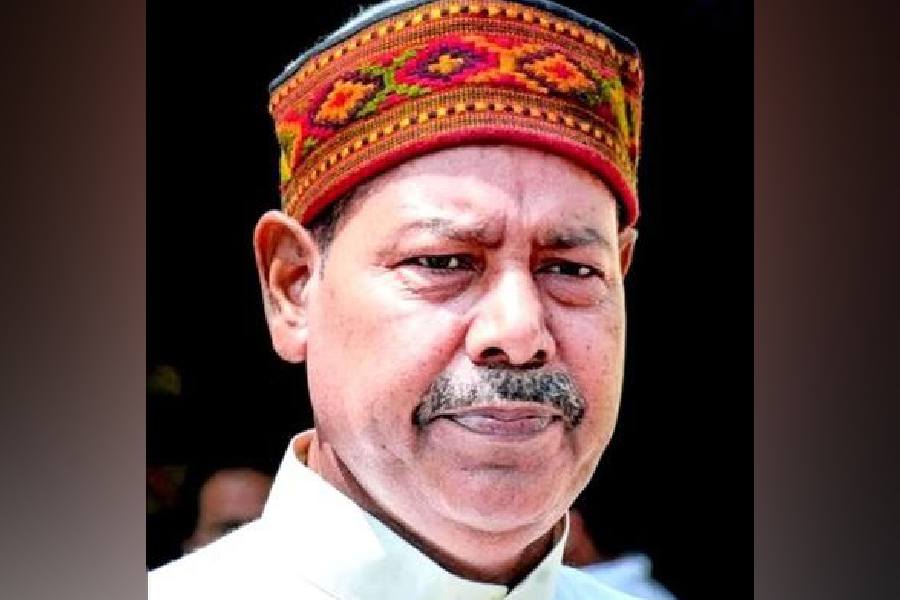The finance ministry has started applying the brakes on the sale of government assets — a sign of elections down the road — at the cost of missing the divestment targets for the fiscal.
Officials said they are facing resistance from the administrative ministries and other quarters to strategic sales.
Analysts said the government would be keen to delay such sales than allow discontent of the workers or allegations on the valuation of the asset to become the talking point and an issue served on the platter for the Opposition in the poll season.
The Centre is already beseiged by high prices — retail inflation soared to 7.44 per cent in July — with the Lok Sabha elections less than a year ahead.
Strategic selloffs would provide another ammo to the Opposition, which has been criticising the government of crony capitalism, analysts said.
“Now with elections approaching, the government will go slow with the strategic disinvestment transactions that are already in the pipeline. There have been instances where the disinvestment department faced resistance from administrative ministries as well as other quarters when it tried to sell government stake in some of the PSUs,” the official said.
A lack of investor appetite after the pandemic has also held back the disinvestment department from restarting the sale of certain state-owned companies such as Bharat
Petroleum Coproration Limited.
The government has faced limited success in strategic divestment. Barring the sale of Air India, there has been hardly any big divestment in the recent past.
The only other two big transactions recently have been the merger of HPCL with ONGC and REC with Power Finance Corporation.
The strategic divestments in IDBI Bank, Shipping Corp of India, Container Corp of India, Rashtriya Ispat Nigam, Ferro Scrap Nigam and Nagarnar Steel Plant of NMDC are likely only after the elections, the analysts said.











